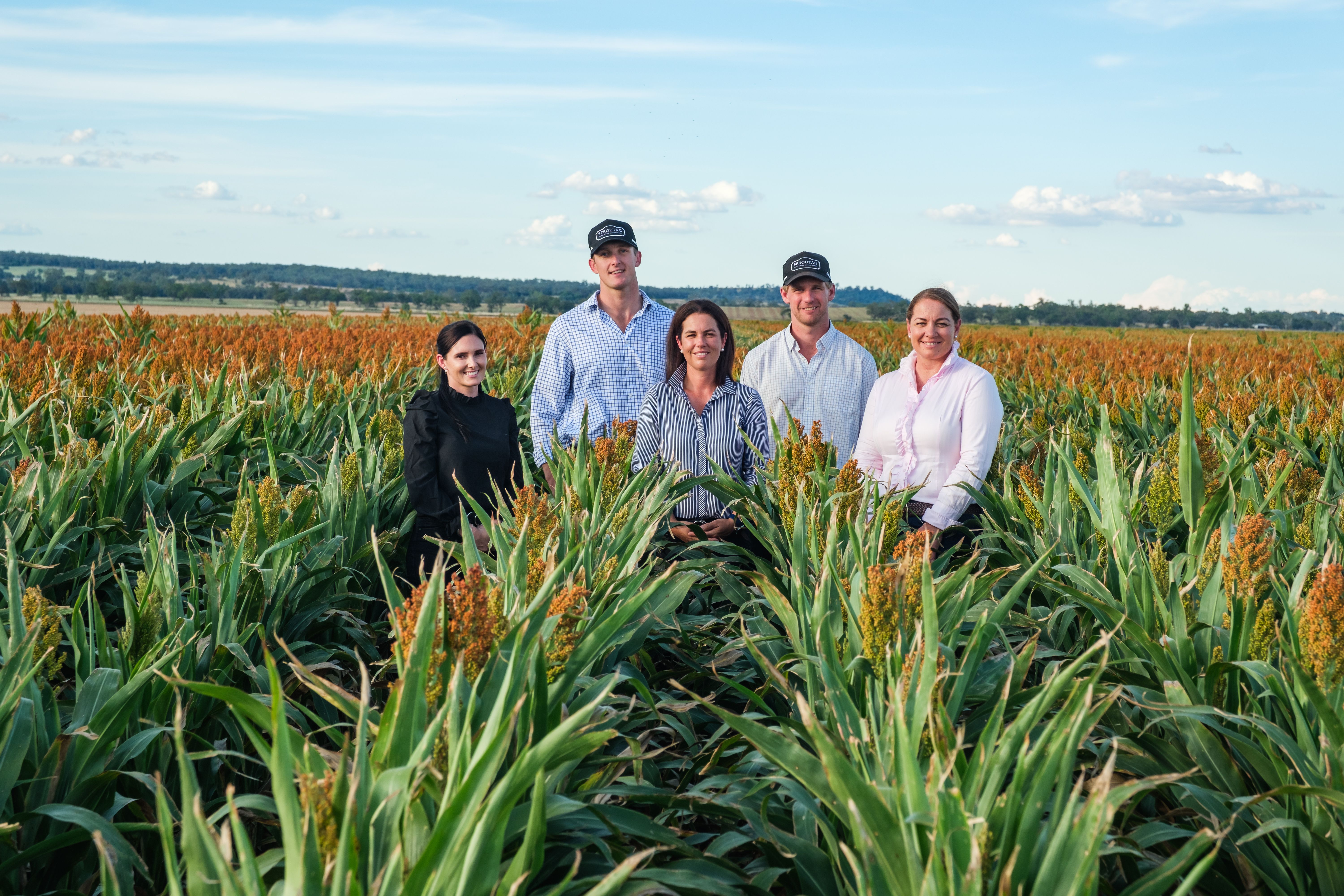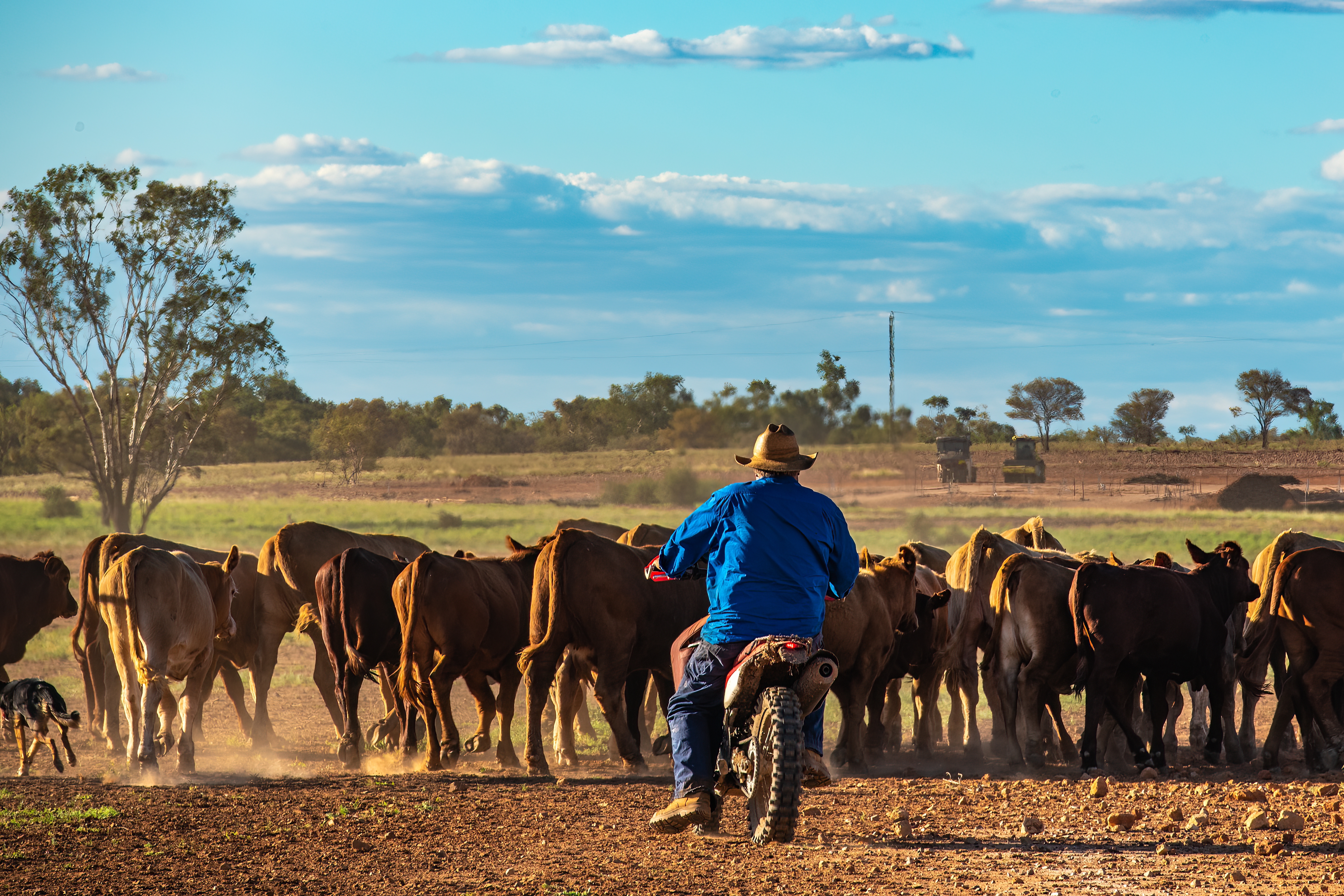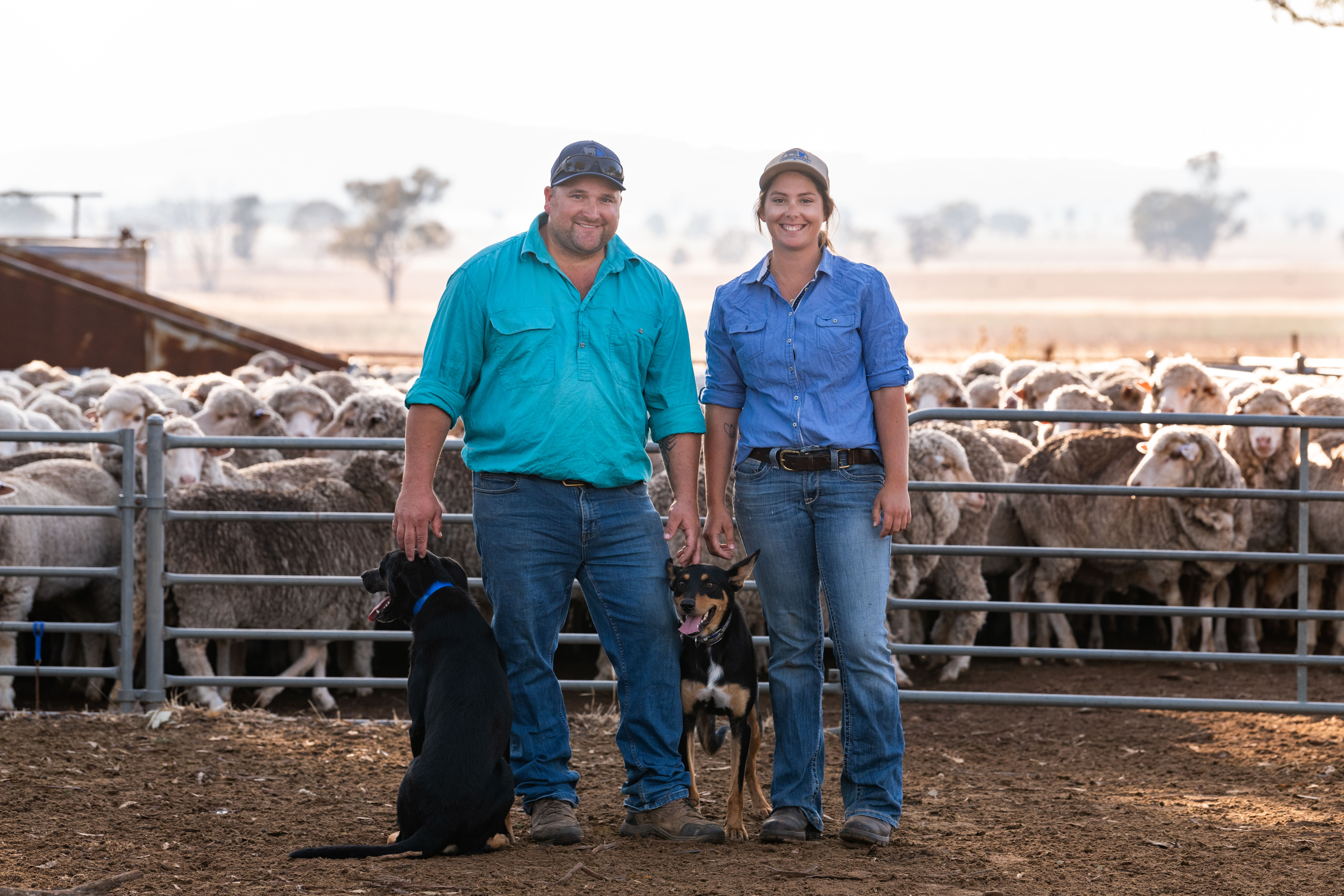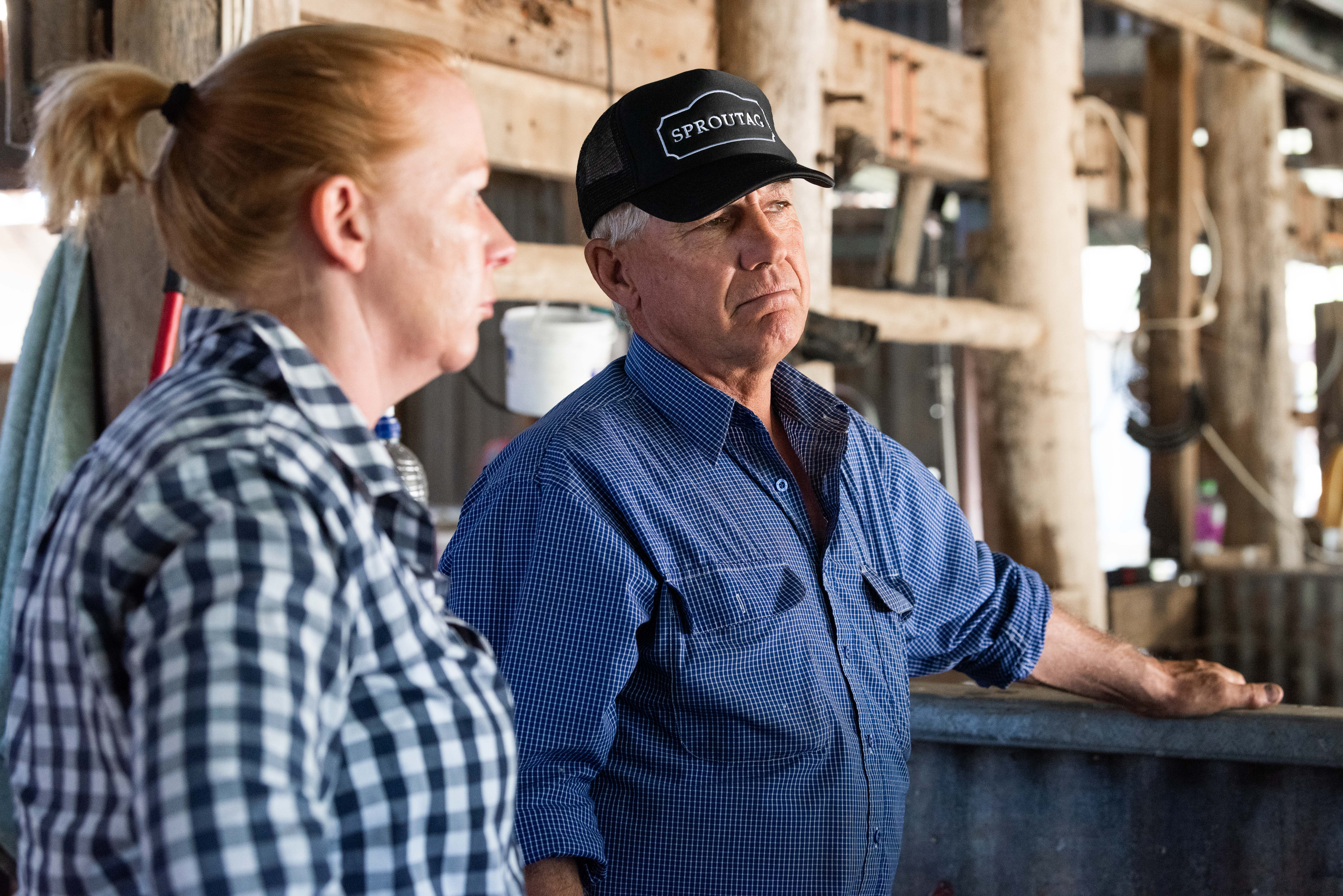Why Getting the Right Bank Has a Tenfold Impact on Your Ag Business
When it comes to wealth creation in agriculture, the long-term appreciation of land is the cornerstone of financial success. Historically, agricultural land has appreciated at an average rate of around 7% per annum since Federation. While this isn’t a guaranteed year-on-year increase, over time, land value growth has been a proven method for building generational wealth in the ag sector.
A common financial strategy in agriculture is to pay interest rather than aggressively repaying debt—provided the business has the financial capacity to handle this approach. However, this strategy relies heavily on securing the right finance structure and, more importantly, working with the right banking partner.
Debt Procurement: A Critical Factor in Agricultural Wealth Creation
One of the biggest influences on long-term success in agriculture is how debt is structured and sourced. The ag finance landscape is diverse, consisting of eight core banks alongside a number of niche financial providers that offer stock loans, inventory finance, and specialised ag lending solutions.
Despite this range of options, there are significant variations in how individual banks—and even different bankers within the same bank—assess and price risk.
- Interest Rate Discrepancies: Even within the same bank, it’s not uncommon for two different clients to receive rates that differ by up to 1%.
- Subjective Credit Appetites: One banker may view an ag business as a risky proposition, while another banker in the same institution might see it as a prime lending opportunity.
- Regional Variations: Interest rates and credit appetite can vary from one region to another, meaning the financial terms available to you may be significantly different depending on where your business is located.
Banking is Still a People Game
Despite technological advancements, banking remains a relationship-driven industry. Who you bank with matters just as much as which bank you choose. This is particularly true in the agricultural sector, where financial success depends on strategic decision-making around land acquisition, working capital, and investment in livestock or equipment.
Troy Constance, Sprout Ag’s CEO, previously led a team of up to 500 ag bankers, and the difference in performance between individual bankers was staggering—some outperformed others by a fiftyfold margin in terms of profitability and lending growth.
This highlights a critical reality: pairing your business with the wrong banking professional can be disastrous. A poor banking partner can cause unnecessary delays, limit opportunities, and ultimately hinder the growth of your business.
The Risks of Choosing the Wrong Bank
Working with the wrong banking professional—or being locked into an unsuitable financial structure—can have serious long-term consequences, including:
- Missed Property Acquisitions: If your bank doesn’t understand the nuances of ag lending, you may miss out on crucial opportunities to acquire land, delaying growth.
- Limited Livestock Purchasing Power: Without access to appropriate livestock trading facilities, you may be unable to capitalise on profitable opportunities.
- Stagnation: Poor banking relationships can leave you treading water for years, unable to progress or reinvest in your business effectively.
Beyond Rates: What to Look for in an Ag Finance Provider
While competitive interest rates and loan structures are essential, a strong banking relationship goes beyond numbers. A proactive and knowledgeable ag finance provider should offer:
- Credit-Workshopped Acquisition Finance: Ensuring pre-approved finance is in place before property opportunities arise.
- Pre-Approved Equipment Finance Facilities: Avoiding delays in acquiring vital machinery during peak operational periods.
- Livestock Trading Facilities: Ready access to funding for purchasing stock when market conditions are favourable.
- Adequate Working Capital Facilities: Establishing limits higher than immediate needs to provide financial contingency.
- Extended Interest-Only Periods: Allowing greater flexibility in debt management to support business growth.
In agriculture, financial success is not just about working hard—it’s about working smart. Choosing the right bank and the right banker can make a tenfold difference in the trajectory of your business. With the right financial partner, you can seize opportunities, navigate industry challenges, and ensure your business remains positioned for long-term growth.
If you’re unsure whether your current banking relationship is serving your best interests, it might be time to explore your options. At Sprout Ag, we specialise in helping farmers and agribusinesses secure the right financial solutions tailored to their needs—because when you get the banking equation right, the potential for success multiplies.










